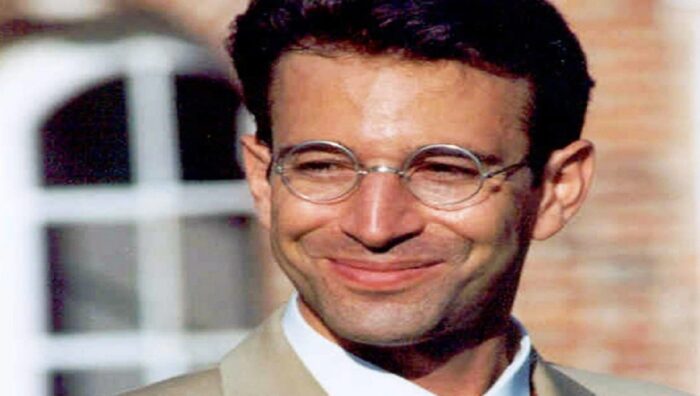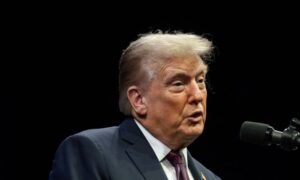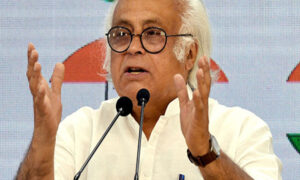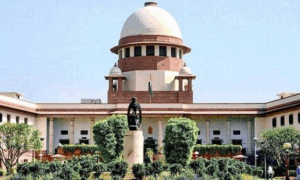
File Picture
In a move that will rattle US President President Joe Biden, Pakistan’s Supreme Court has ordered the release of British-born Al Qaeda terrorist Ahmed Omar Saeed Sheikh, the prime accused in the beheading of American journalist Daniel Pearl in 2002 in Karachi.
The US has been mounting pressure on Pakistan, demanding justice for Pearl. In December, the US has said it is ready to take custody of Sheikh, asserting that Washington will not allow him to evade justice.
The apex court dismissed the Sindh provincial government’s appeal against the Sindh high court’s decision to overturn the conviction of Sheikh for the beheading of Pearl, the 38-year-old South Asia bureau chief for The Wall Street Journal.
According to the short verdict, a three-judge SC bench headed by Justice Mushir Alam also directed to release the suspect. One member of the bench opposed the decision.
Pearl’s murder took place three years after Sheikh, along with Jaish-e-Mohammad chief Masood Azhar and Mushtaq Ahmed Zargar, was released by India in 1999 and given safe passage to Afghanistan in exchange for the nearly 150 passengers of hijacked Indian Airlines Flight 814.
He was serving a prison term in India for kidnappings of Western tourists in the country.
Pearl was abducted and beheaded while he was in Pakistan investigating a story in 2002 on the links between the country’s powerful spy agency ISI and Al Qaeda.
In April 2020, the Sindh high court had overturned the death sentence of Omer Sheikh and sentenced him to seven years in prison and acquitted three other accused — Fahad Naseem, Sheikh Adil and Salman Saqib — who were earlier sentenced to life imprisonment by an anti-terrorism court (ATC).
After the SHC verdict, the Sindh government and family of Daniel Pearl filed petitions in the apex court. The Sindh government also immediately detained the four men under Maintenance of Public Order (MPO) Ordinance 1960.
The same division bench annulled the detention order on December 24 and ordered the Sindh government to immediately release the four men. This order elicited an immediate response from the US which on December 25 expressed its “deep concerns’ over the SHC order.
[the_ad id=’22722′]


















